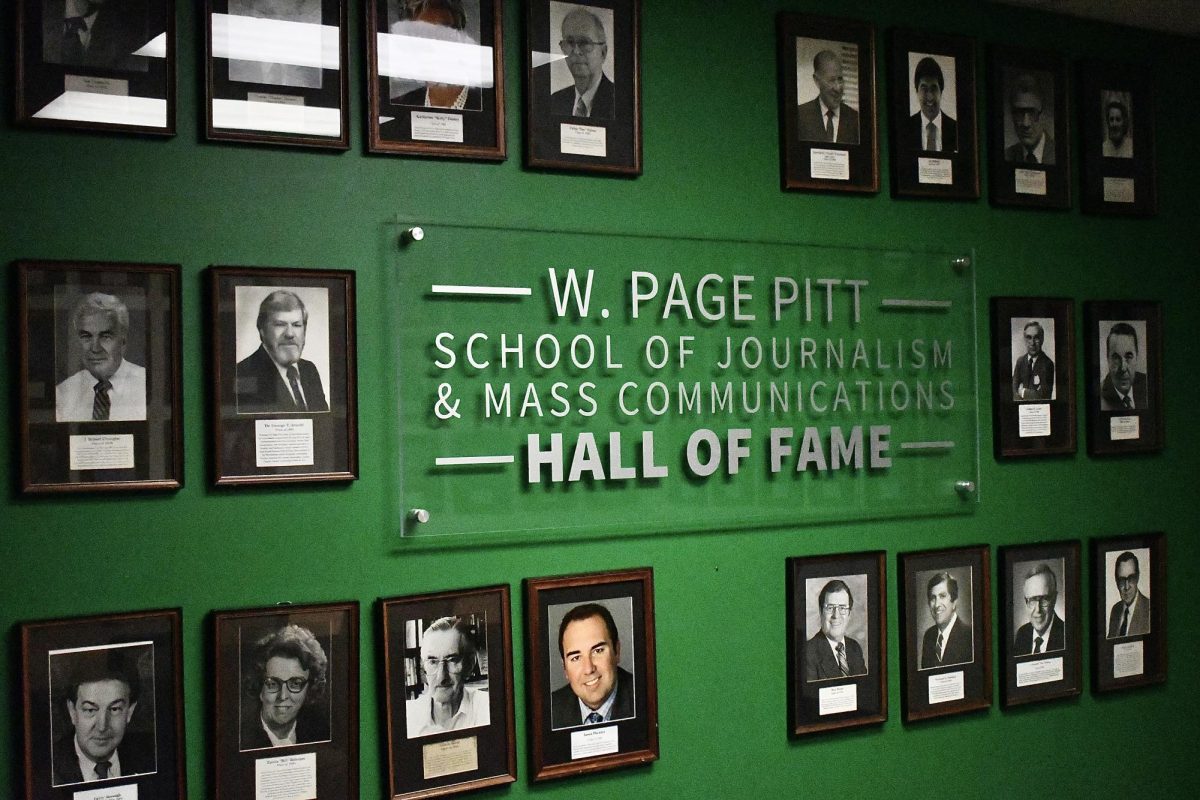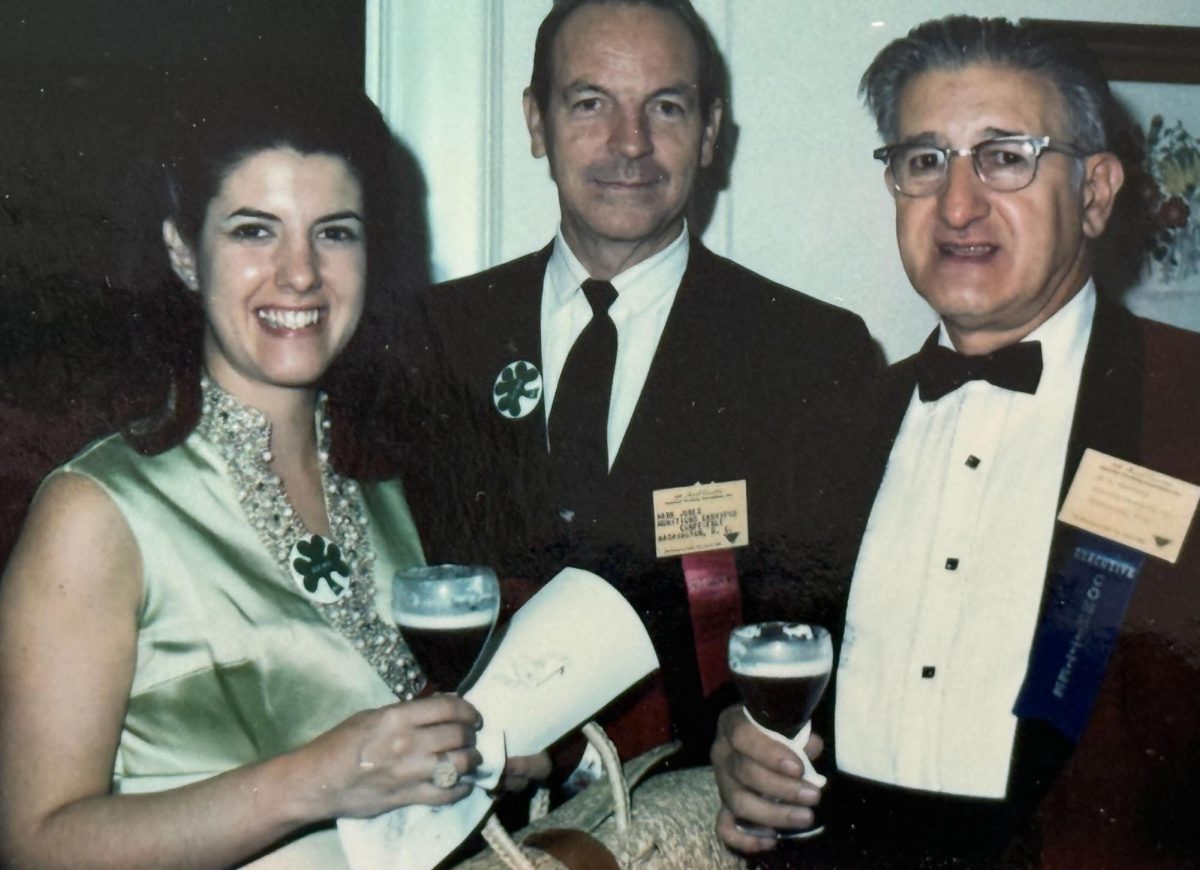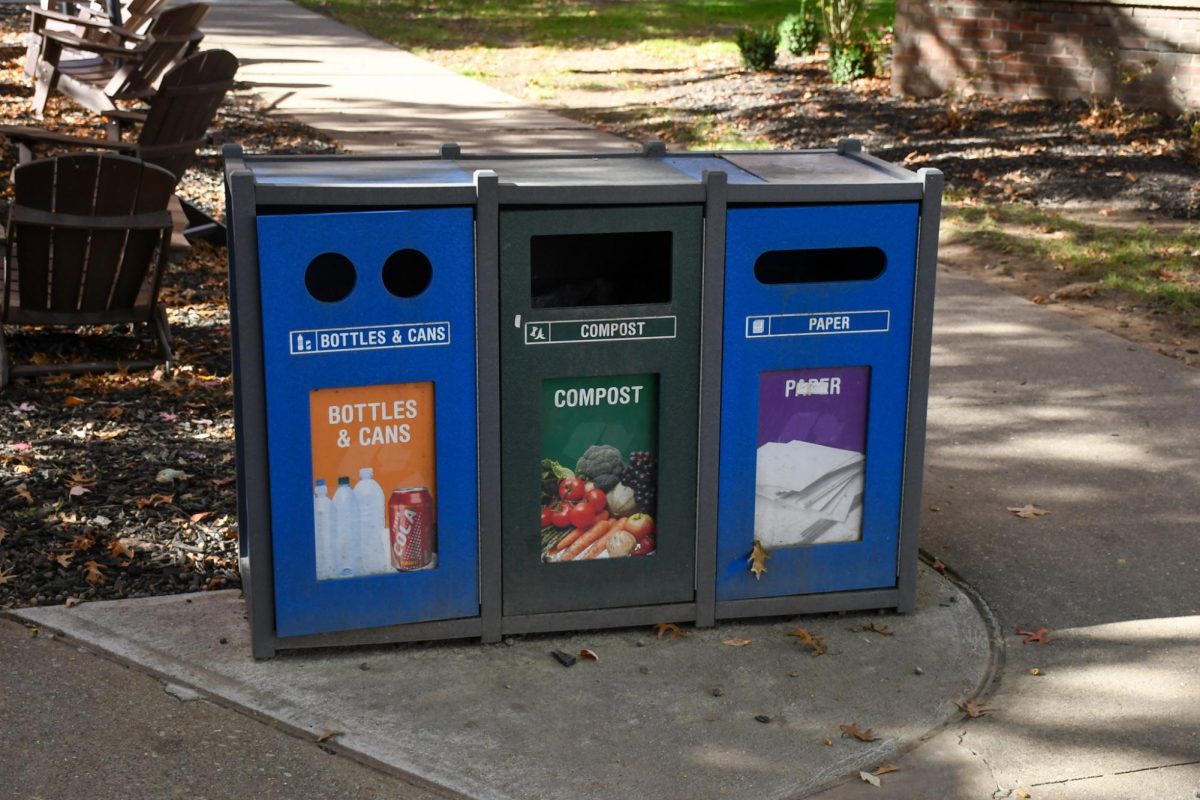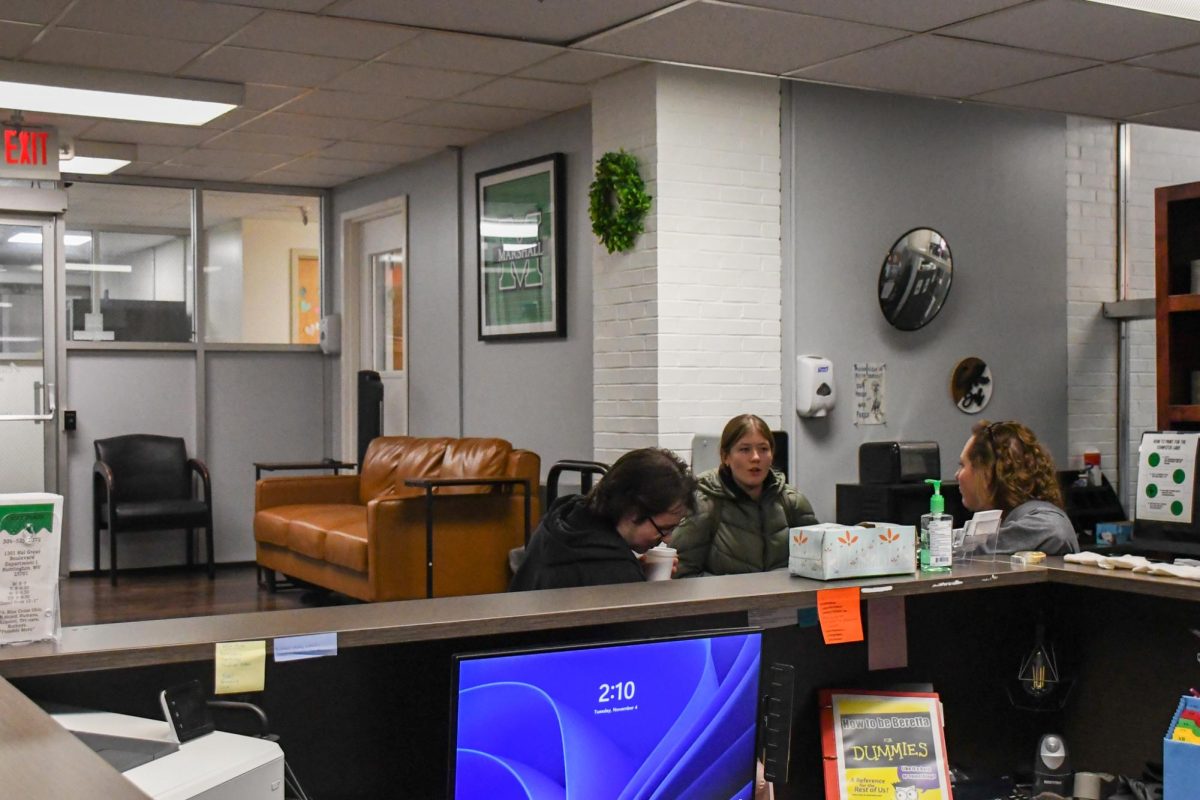If you had to walk a mile on broken glass, would you wish the same for someone else?
Think about one of the most important people in your life. Think about their face. Their smile. The way they hold themselves. Would you expect them to walk the mile?
No, you wouldn’t.
Obviously, we are not talking about broken glass but rather the pain that we endure to survive. A pain that is placed upon us by systemic issues that people are terrified of. If you admit that the system is flawed, did you pay for the price of success?
We celebrate success, romanticize the grind, but ignore the question that no one wants to hear: can we expect everyone to pay the toll that we barely survived?
No, we can’t.
“What doesn’t kill you makes you stronger” is the fuel for this very expectation. If you survive, like those who came before you, it means you aren’t weak. If you would doubt the system and question why people must suffer through it, then you just want a handout. You don’t want to “work” for anything. That idea is what is unsettling. The idea that empathy can be controversial.
Empathy has been the subject of scrutiny recently in politics. Elon Musk said even though empathy can be good, it’s often weaponized and it is a weakness to society.
“The fundamental weakness of Western civilization is empathy,” Musk said. “The empathy exploit. They’re exploiting a bug in Western civilization which is the empathy response. I think empathy is good, but you need to think it through and not just be programmed like a robot.”
Empathy is a necessary response for humanity. It is the very thing that allows us to connect with others and understand. However, the war on empathy continues to go on. The empathy gap gets larger.
Stronger Man Nation founder Josh McPherson said empathy is toxic and dangerous.
“Empathy almost needs to be struck from the Christian vocabulary,” McPherson said.
“Empathy is dangerous. Empathy is toxic. Empathy will align you with hell.”
To say empathy is toxic is to go against the very foundation of the human experience. To have humanity is to have empathy. To care for and understand another person is the beauty of creating connection.
As the controversy regarding empathy continues, it creates a void between people. We stop recognizing the pain that others are going through.
If we start to look at systemic issues that have ties to empathy, it does become muddled.
However, to dismiss empathy in the discussion continues to create a never-ending cycle of pain. David French, New York Times columnist, said the discussion must occur with both logic and emotion hand in hand.
“There are times when the head has to overrule the heart. That is something that has to happen sometimes in public policy,” French said. “But at the same time, there should be no objection to appeals to the heart because our compassion, our empathy is a fundamental part of who we should be as human beings.”
This fundamental part of ourselves that is being dismissed in so many conversations is what creates the gap between our humanity. It is the thing that clouds our judgment when working on systemic issues. Even if you survived the system, it doesn’t mean that everyone should have to do the same.
This bias that occurs seems to happen due to a severe level of underestimation for the pain that people are experiencing. In “Empathy Gaps for Social Pain: Why People Underestimate the Pain of Social Suffering” by researchers Loran Nordgren, Kasia Banas and Geoff MacDonald, it is argued that the analogy between physical and social pain seems to be more than just a metaphor.
According to Nordgren et. al, “…people systematically underestimate the severity of social pain, and their biased estimate is only corrected when people actively experience social pain for themselves.”
Nordgren and his colleagues said empathy gaps happen across a variety of states, physically and socially. These gaps happened physically and socially in instances where people themselves weren’t currently experiencing the pain. The study found the tendency to underestimate the severity of social pain has many implications and can have negative effects on multiple levels.
This leads me to believe that just because we once survived it, we are losing compassion to understand the pain of those who are going through what we survived.
If we can recognize through research that we underestimate the severity of the pain, then the real goal is to change the system. To stop underestimating the suffering of those around us. Even if you carry it well, it doesn’t mean that it isn’t heavy.
If we continue to live in a system that thrives on suffering, our humanity will diminish. If we can’t bridge the empathy gap, then we will lose an integral part of ourselves.
Soleil Woolard can be contacted at woolard3@marshall.edu.




















